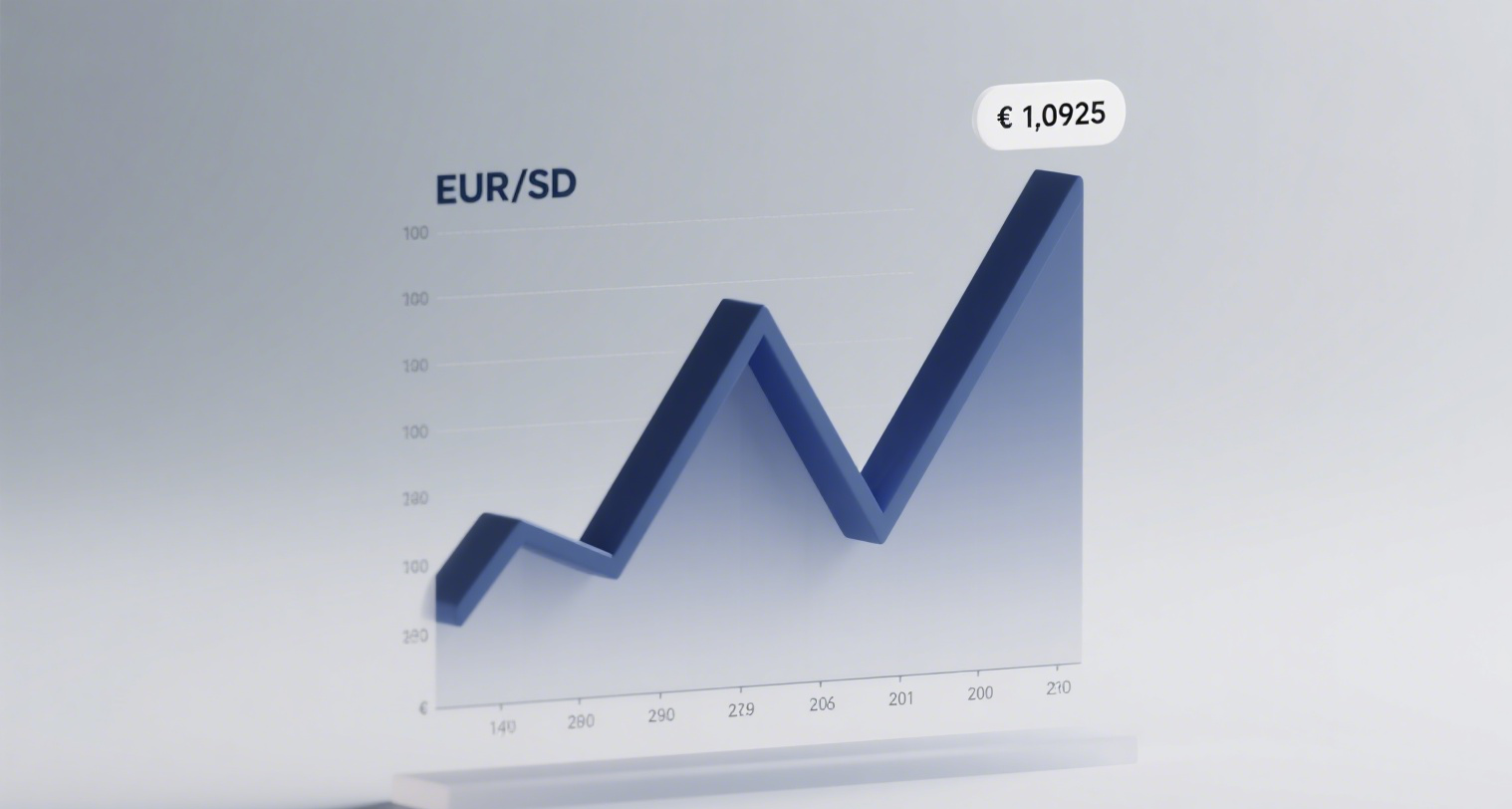
Guangdong Express Delivery Industry Launches New Wave of Price Hikes to Counter "Involution": Minimum Cost per Parcel Set at 1.4 Yuan
Amid the broader trend of "anti-involution" across industries, a new round of price increases is arriving in the express delivery sector. Reports indicate that starting August 4, the base price for express deliveries in Guangdong Province has risen by 0.4 yuan per parcel, with the average price now exceeding 1.4 yuan. According to regulatory requirements, no company may accept parcels below the 1.4-yuan cost threshold, or they will face severe penalties. Multiple industry insiders confirmed the news to Southern Metropolis Daily, stating, "Prices have indeed increased—a 0.1kg parcel cannot be priced below 1.4 yuan, and the change has already taken effect."
Long-term reliance on low prices to boost volume has led to per-parcel rates falling below 1 yuan in some regions. The base price (also known as the "shipping price") refers to the fee charged by courier companies or logistics providers for delivering packages, primarily affecting e-commerce sellers. Every year, as the peak e-commerce promotion season approaches, the express delivery industry enters a new price-hike cycle to offset rising labor, transportation, and other operational costs. However, unlike previous years, this year’s price adjustments must be viewed in the context of nationwide efforts to curb low-price, disorderly competition.
On July 1, a meeting of the Central Financial and Economic Affairs Commission explicitly called for "governing companies' low-price, disorderly competition in accordance with laws and regulations, guiding enterprises to improve product quality, and phasing out outdated production capacity." The draft amendment to China’s Price Law, released for public comment in late July, further clarified criteria for identifying unfair pricing practices—by refining standards for "dumping," regulating market price order, and curbing "involution-style" competition. Recently, officials from the National Development and Reform Commission reiterated plans to comprehensively address low-price, disorderly competition, urging businesses to adopt scientific and rational pricing strategies to effectively standardize market order.
The express delivery industry has long been trapped in an "involution-style" competition of "trading low prices for volume." Coupled with e-commerce platforms’ persistent low-price strategies permeating every supply chain link, the resulting pressure on logistics has made rock-bottom pricing a core issue. As major courier companies are now publicly listed, their market share is directly tied to market valuation, leading to widespread price-cutting to capture greater market share. This has squeezed profit margins for local delivery outlets, depressed couriers’ incomes, and degraded service quality—creating a vicious cycle.
On July 30, the Fujian Provincial Express Delivery Association disclosed in an open letter that while parcel volume in Fujian grew 11.41% year-on-year in the first half of 2025, the average price per parcel fell by 4.5% (a drop of about 0.32 yuan). Some regions even saw extreme discounts like "0.8 yuan for nationwide shipping," with per-parcel gross profits at some local outlets dipping below 0.1 yuan. The association warned, "Involution represents futile internal consumption for the industry, not only severely squeezing reasonable profit margins but also directly harming service quality and workers’ rights." It called for abandoning the "price war" mentality and focusing on "quality and efficiency" to shift from crude expansion to refined operations.
















